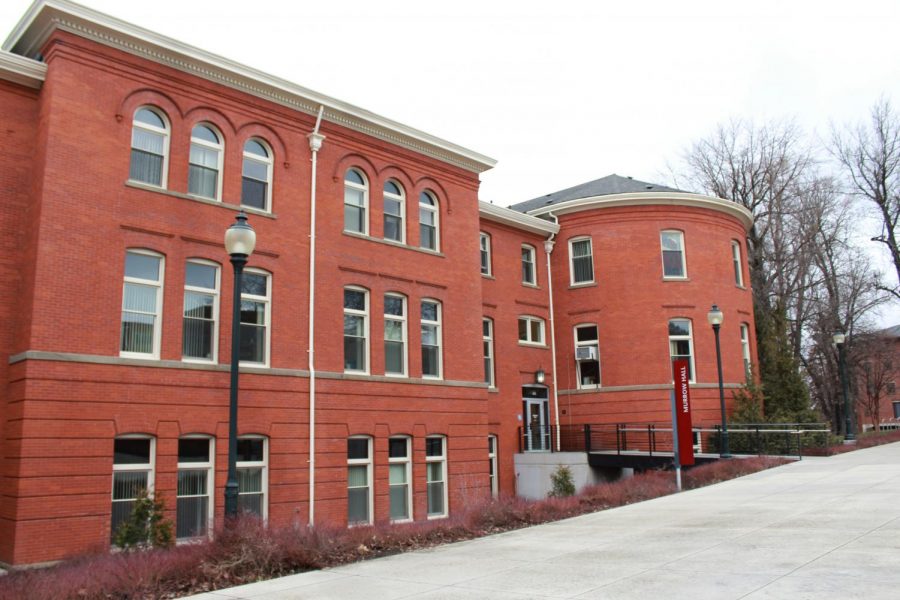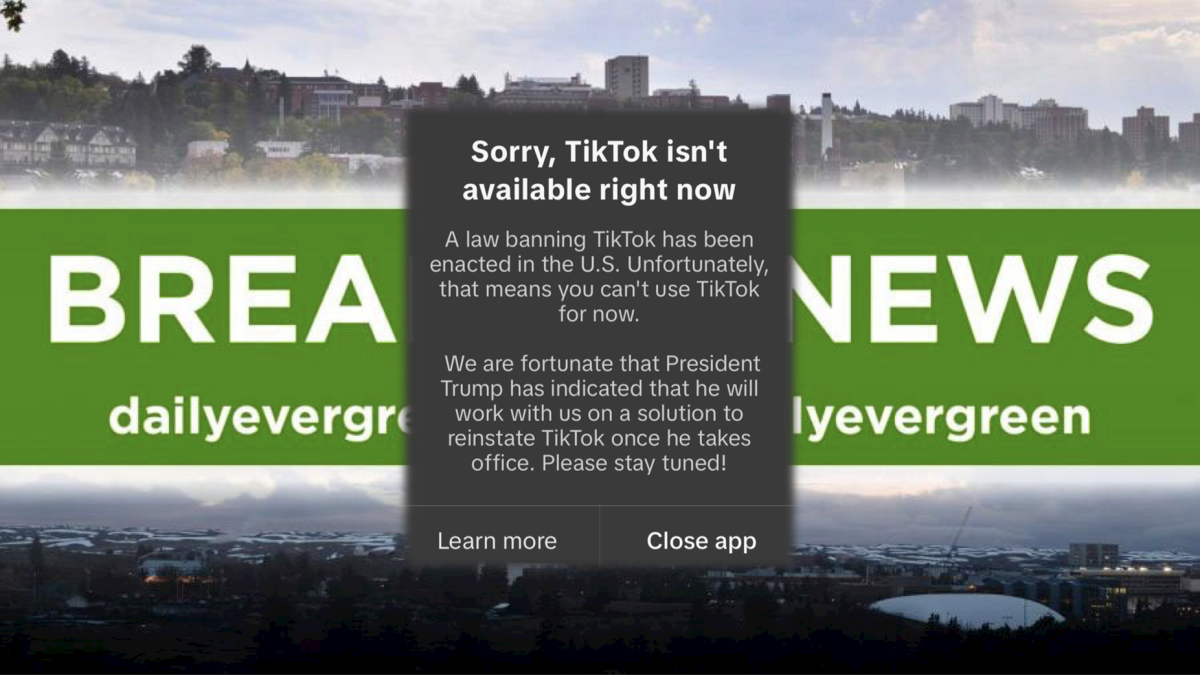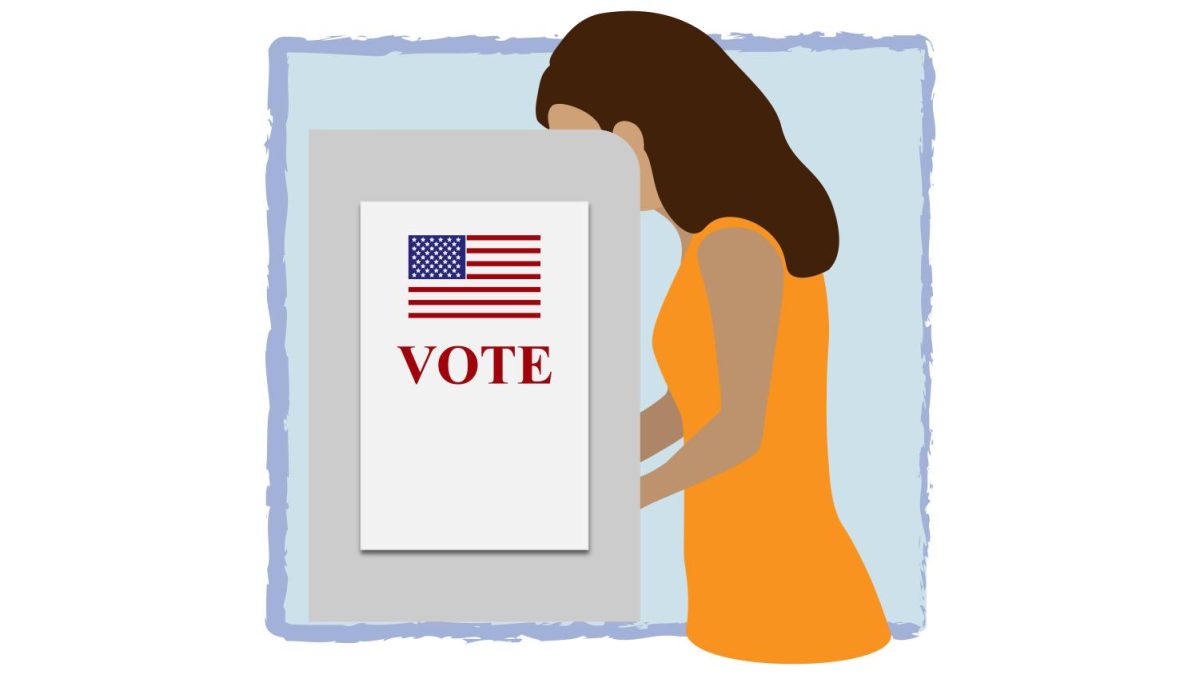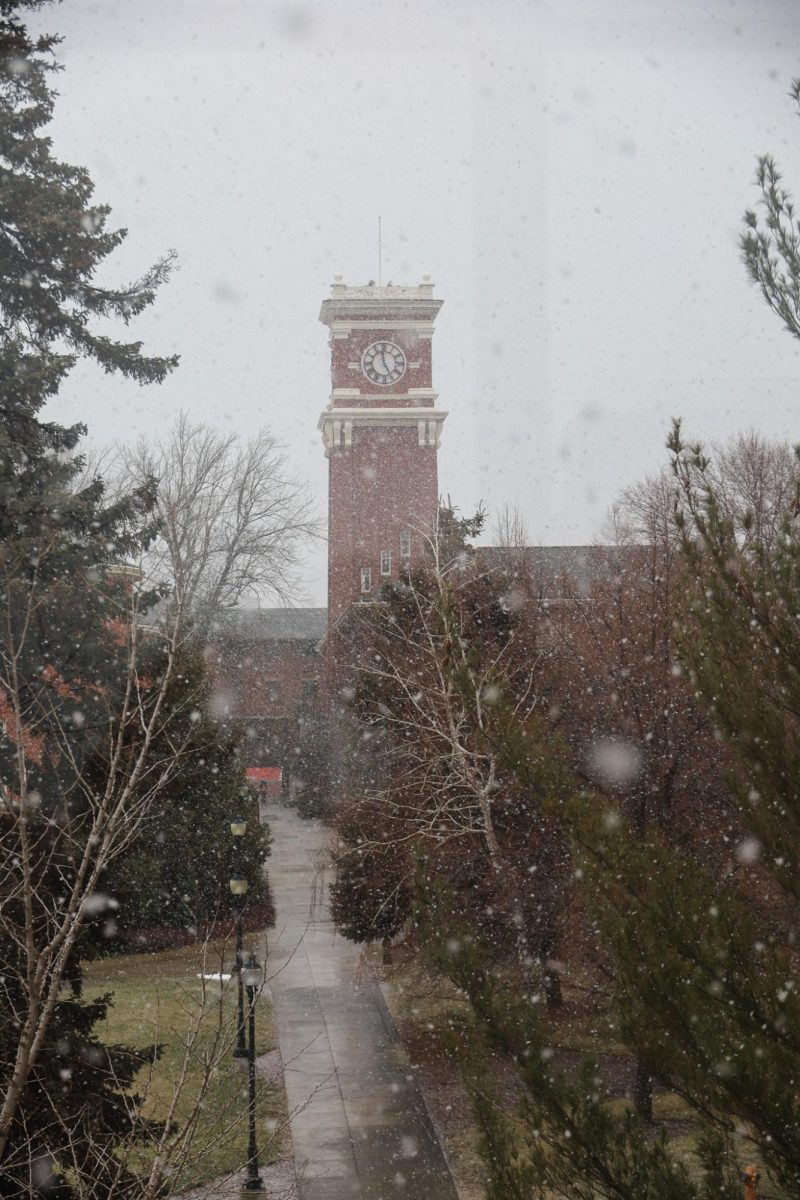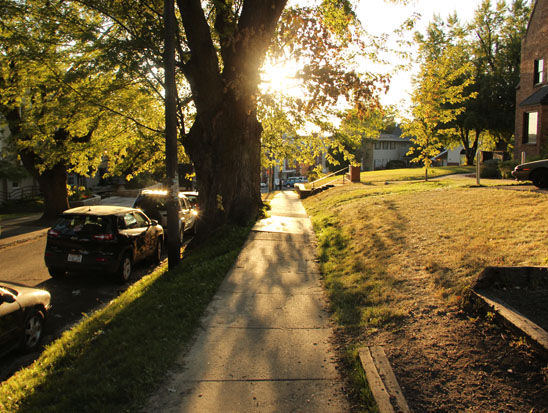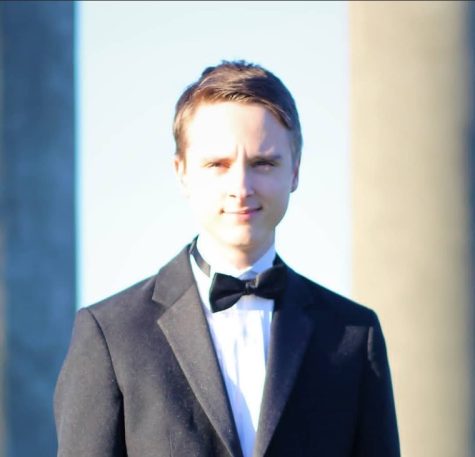Editor’s Note: It was announced on July 24 that Twitter will be rebranding to “X”. For simiplicity, we will continue to refer to it as Twitter throughout the article
In light of the changes made to the Twitter verification system and labeling of news sources such as NPR as “state-affiliated media,” some involved with journalism have begun to reevaluate the benefit of Twitter.
Cara Hawkins-Jedlicka, assistant professor for the Murrow College of Communications, said she focuses mainly on classes related to women’s sport communications and media coverage of sports in general. She has been on Twitter for most of the time it has existed.
“I’ve been on Twitter for as long as its been around,” Hawkins-Jedlicka said. “As a big women’s sports fan, and on top of that being a track and field fan, Twitter was a place I could find like minded communities where we didn’t really have a place beforehand.”
Hawkins-Jedlicka said before Musk’s ownership, she did not notice any major changes with Twitter, but did observe a shift in the community. She also noticed a larger number of young people on social media platforms such as Instagram and TikTok than Twitter.
“What I was seeing more than anything was the way people were using it,” Hawkins-Jedlicka said. “Millennials and up were kind of using Twitter as a rallying type space and were using it quite a lot.”
When Elon Musk bought Twitter, Hawkins-Jedlicka said there was a bit of hope that his tenure as owner would be successful, given his past success with his other companies, but at the same time, his known political leanings and comments on journalists were seen as bad signs.
Hawkins-Jedlicka said one of the most concerning changes on Twitter has been Musk’s disdain for journalists, as well as the platform becoming a more hostile place for journalists since his acquisition of the platform.
“NPR is not on Twitter anymore because Elon labeled it like it was a propaganda site from the government, which it is not,” she said. “I signed up for Threads two weeks ago and NPR is over there.”
Despite the problems with Twitter, Hawkins-Jedlicka said she does not believe there will be a major plug-pulling on Twitter, but believes it is likely more people will abandon the platform if it becomes less usable.
“Twitter can still be a very great place for communities. It is a place for grassroots organizing that’s easy and quick. I think that’s a loss that we’re going to feel and we’re already feeling that loss,” she said.
Jennifer Henrichsen, assistant professor in the journalism and media production department, said she has been active on Twitter since 2011, although she uses it in a professional way, including to get updates on academic literature and connecting with academics and journalists.
“It’s always been very tied to my research,” Henrichsen said. “One way I’ve noticed Twitter changing is that there’s a lot of online harassment of journalists and even of academics that’s occuring on Twitter, and that has been an issue for several years.”
Since Musk was announced as the new owner of Twitter, Henrichsen said there were some concerns in the academic and journalistic community, but she did not have any predictions for what would change as a result of his ownership. One of the bigger issues since his acquisition has been the changing of the verification process, she said.
“Musk changed [the] verification process and now any user who pays $8 a month can have a so-called verified checkmark,” Henrichsen said. “The problem with that is someone can pretend to be another person and have that appear verified.”
Henrichsen said following Musk’s acquisition, the free application programming interface has been throttled and shut off. Academics don’t have access to the free API anymore. Now there are only paid plans available and the cheapest package costs $42,000 per month.
Henrichsen said she has not tried many of the alternatives to Twitter, such as BlueSky or Threads, but has tried Mastodon, which is a free and open-source software alternative to Twitter.
“[Mastodon] has a lot of microblogging features that are similar to Twitter. One critique is that it’s not as user-friendly in some capacities as Twitter,” she said. “I feel like the usability of it is slightly less than Twitter. That said, millions of people use Mastodon following the recent changes at Twitter.”
Bruce Pinkleton, Dean of the Murrow College, said he has been fairly active on Twitter through his role as dean, estimating about 98% of his posts are professional related. Many of those posts have been in the interest of promoting work done by the college and its students.
Pinkleton said before Musk’s acquisition of the platform, most, if any, of the changes made to the platform over the years were minuscule. However, since the acquisition, he believes the changes made have mostly been for the worst.
“I’m not as comfortable as I used to be on the platform. We’re still on it as a university. I’ve actually raised some concerns to others at the university,” Pinkleton said. “I support faculty getting off Twitter as it relates to their own personal interests as well as their professional interests.”
The biggest concerns since Musk acquired Twitter mostly involve removing some of the safeguards on the platform, particularly against hate speech, Pinkleton said. He said he understands the desire to preserve free speech on the platform but disagrees with the current methodology.
“I can’t imagine taking a largely successful social media platform, and in the name of free speech, really driving its value down the way he has. It seems to make no sense to me whatsoever,” he said. “Musk can do what he wants with his media, but I do think we have a responsibility to consider what it might mean for us.”
As for other social media platforms, Pinkleton said currently he or the Murrow College are not on Threads, but it is something to consider for the future and they are not ruling out trying new social media platforms.

